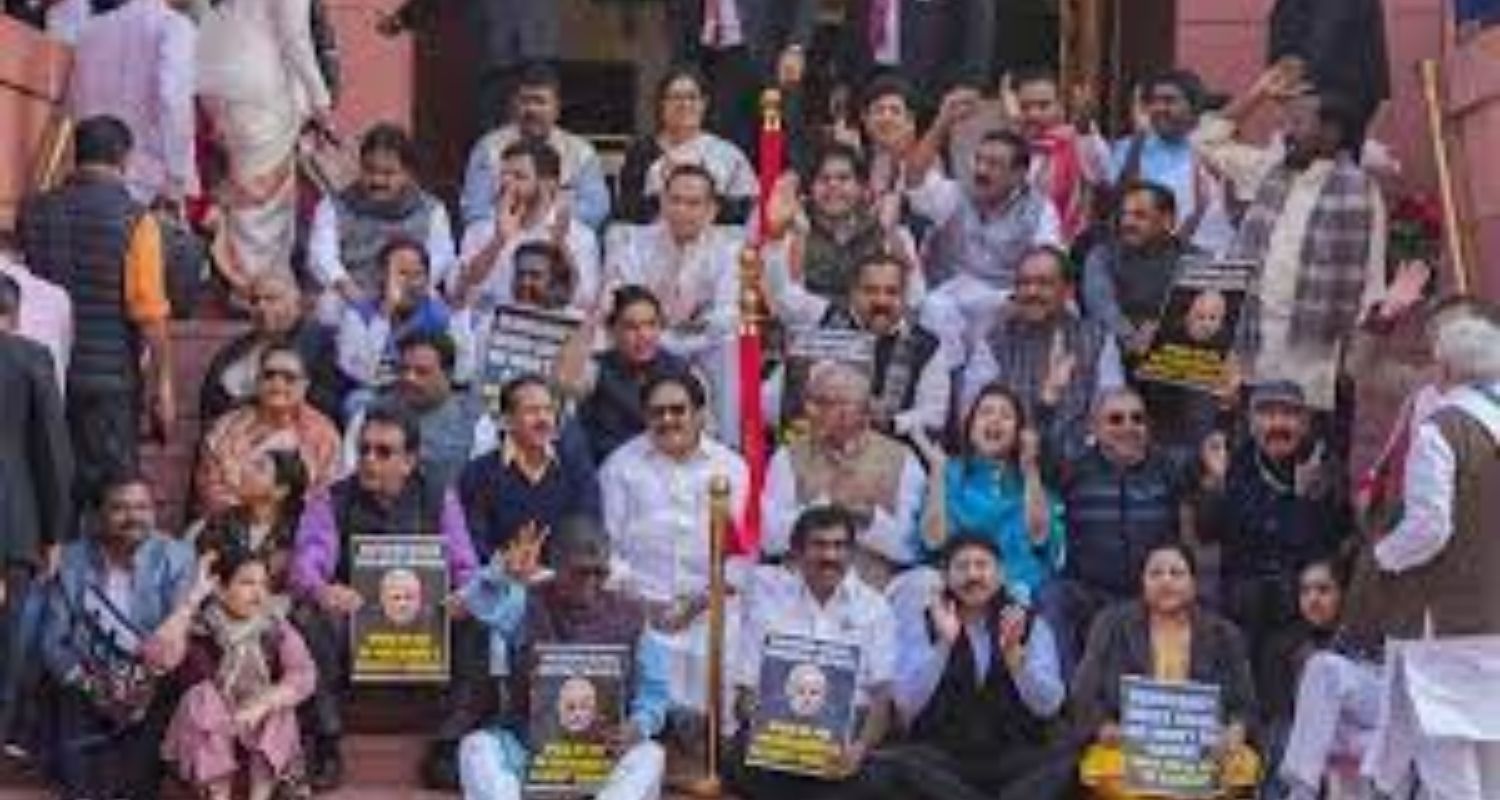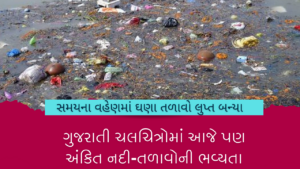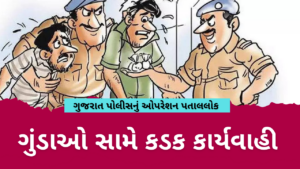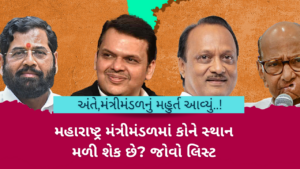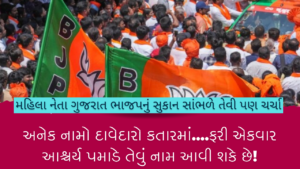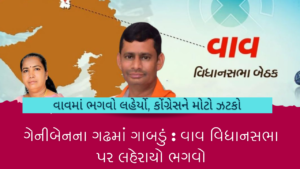-An article by Poojan Patel
India’s Parliament has witnessed an unprecedented level of disruption and dissent during the ongoing Winter Session, culminating in the largest suspension of MPs in the country’s history. Over 141 lawmakers have been suspended from both houses, raising concerns about the stifling of opposition voices and the future of parliamentary debate.
The drama began on December 13th, following a security breach within the hallowed halls of Parliament. Opposition parties demanded a statement from Home Minister Amit Shah, but their protests escalated to displaying placards and raising slogans. This was deemed by the presiding officers as a gross violation of decorum, leading to the mass suspensions.
The fallout has been swift and severe. Opposition leaders have accused the ruling Bharatiya Janata Party (BJP) of using brute force to silence dissent and bulldoze crucial legislation through an “Opposition-less” Parliament. They point to the sheer number of suspensions, nearly half the opposition strength in the Rajya Sabha and a third in the Lok Sabha, as evidence of a deliberate attempt to muzzle criticism.
Congress MP Abhishek Singhvi aptly summarized the sentiment, tweeting, “Congratulations Modi Sarkar on taking the nation in the line of North Korea and China.” Others, like Jairam Ramesh and KC Venugopal, find themselves suspended for the entire remaining session, effectively silenced.
The BJP, however, stands by its decision, defending it as necessary to maintain order and decorum within the Parliament. Parliamentary Affairs Minister Pralhad Joshi accused the opposition of disrespecting the Chair and breaking established rules. He warned that such behavior could lead to permanent expulsion for some members.
However, the implications of this record suspension stretch far beyond individual lawmakers. It raises crucial questions about the very essence of democracy: can dissent be equated with disruption? Is silencing opposition voices the answer to maintaining parliamentary order? And can crucial debates on national issues truly take place in an atmosphere of fear and intimidation?
These are questions that need urgent answers. Without a vibrant and robust opposition, Parliament risks becoming a mere rubber-stamp, devoid of meaningful checks and balances. The events of the past few days serve as a stark reminder of the delicate balance between order and freedom in a functioning democracy. The future of healthy parliamentary debate in India now hangs in the balance, and the eyes of the nation are glued to the unfolding drama.

